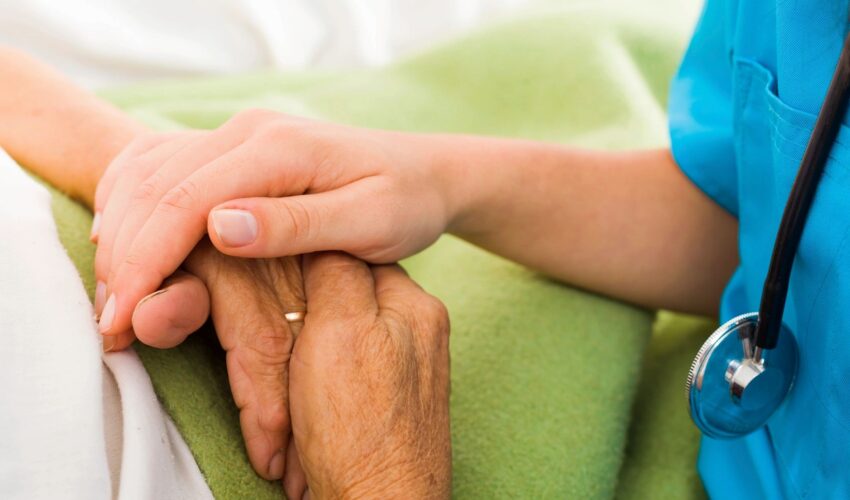The Enterovirus, or EV-D68, has been confirmed in at least 443 people in 40 states across the nation, including; Alabama, Illinois, Colorado, Indiana, Iowa, Kansas, Kentucky, Louisiana, Missouri and New York; as of September 13, 2014. Although infants, children and teenagers are more likely to get the virus, it is particularly tough on infants and children with asthma as well as people with chronic health problems.
First detected in 1962, the virus is structurally very similar to the Human Rhinovirus 87, the virus that causes the common cold. EV-D68 is transmitted just as easily as the common c
old; through close contact with an infected person or by touching the surface of an object that is contaminated.
Although EV-D68 most typically shows symptoms as only a runny nose and fever, as of October 2nd, 2014, 4 people have reportedly died from complications stemming from the enterovirus. There are more victims who are suffering from paralysis after being infected.
The symptoms of EV-D68 has proven to be almost indistinguishable from a simple cold. Fever, runny nose, coughing, sneezing and muscle aches have all been reported, but the virus sometimes causes especially severe respiratory illness in infants and children. The virus typically runs it’s course in about a week.
The Center for Disease Control and Prevention stated that some victims could spend days in the hospital when infected, usually because of serious respiratory illness.
The CDC cautions that there should only be concern if someone appears to have difficulty breathing. A doctor should be seen immediately if an infant or child is having respiratory difficulties.
While there is no definitive treatment or vaccine, the CDC recommends proper hygiene as the best defense against EV-D68. Chronically ill clients, clients with weakend immune systems, and parents of infants that are receiving in home nursing services can protect themselves by:
- Washing hands with soap and water for 20 seconds
- Avoid touching the face with unwashed hands
- Avoid coming in close contact with, or eating/drinking after someone who is sick
- Disinfect surfaces that are touched often
To learn more about infection control procedures that the staff and management at Best Care utilize, please feel free to Contact Us.



